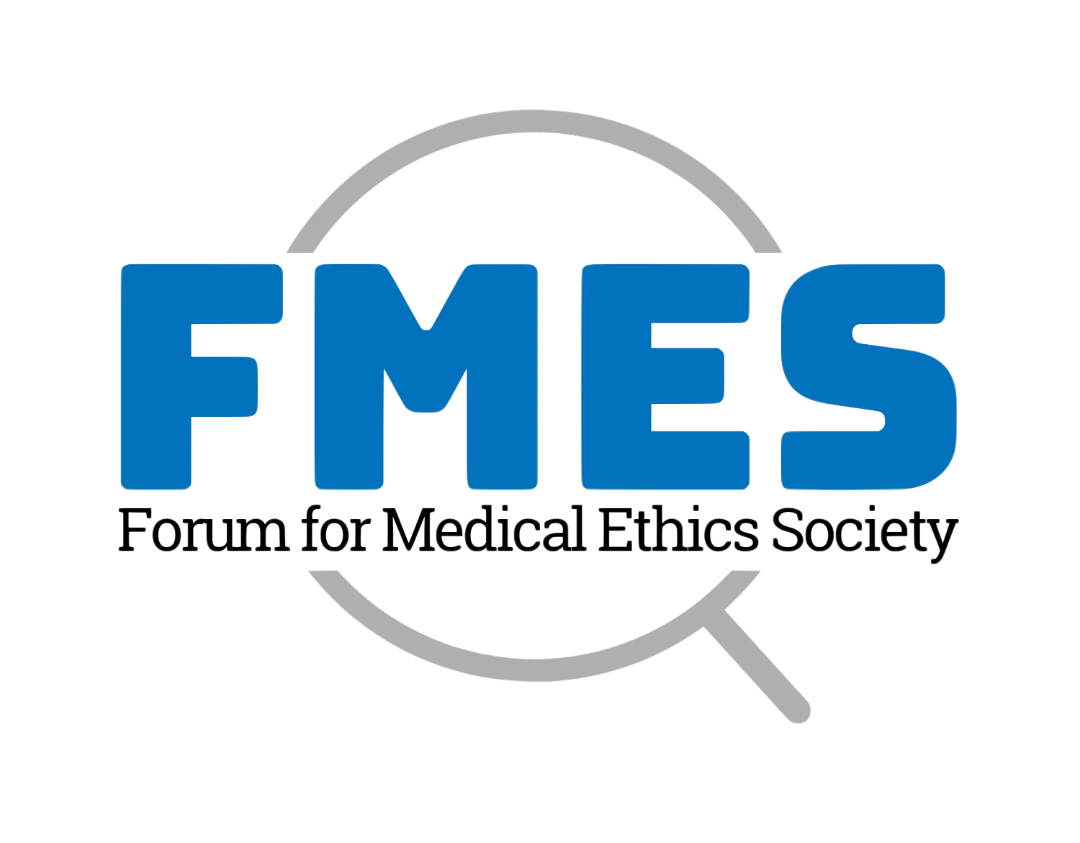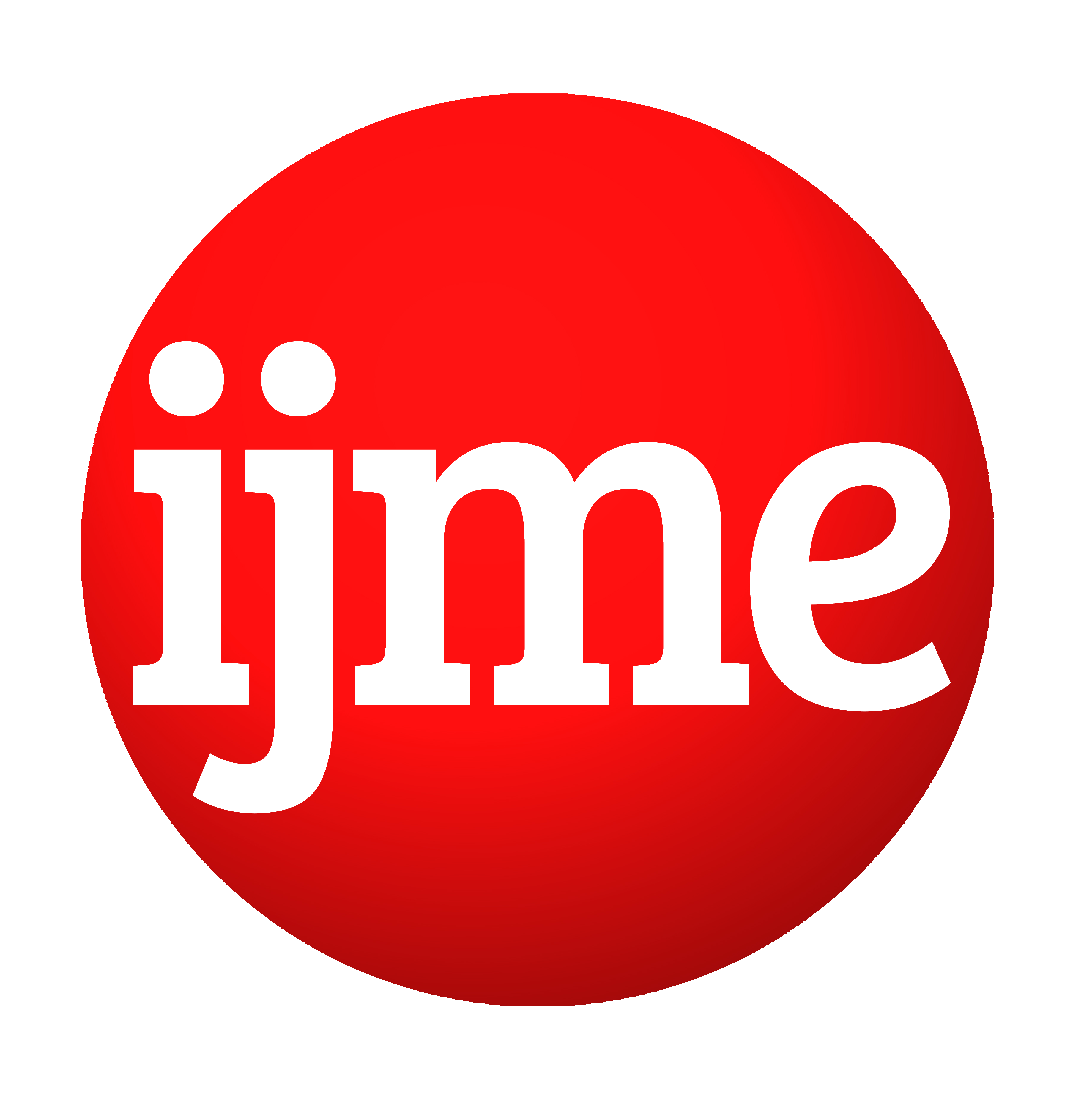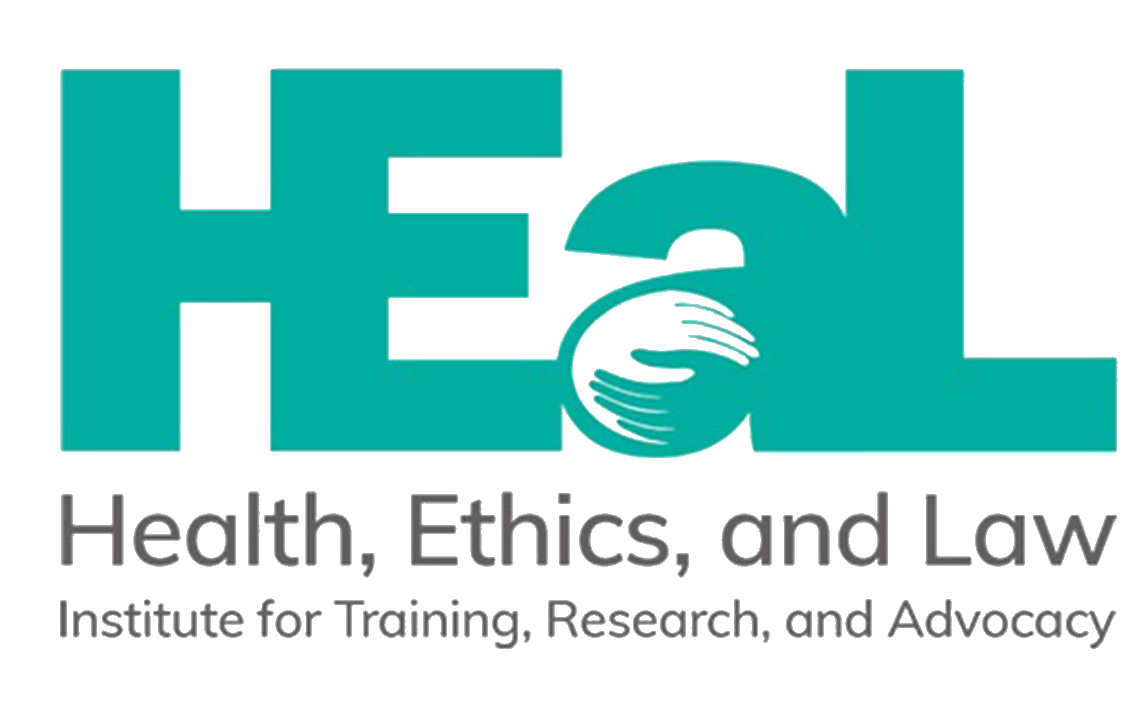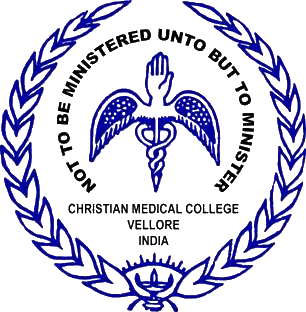For updated information, please visit the new website: https://www.worldcongressofbioethics.org/ |
Pre-Congress satellite meeting - Monday, December 3, 2018
Title: National annual transplant coordinators’ conference: Emerging ethical dilemmas in organ donation and transplantation
Organisers
- Dr Sunil Shroff, Managing Trustee, MOHAN Foundation;
[email protected] / [email protected] - Mrs Lalitha Raghuram, Country Director, MOHAN Foundation;
[email protected] - Dr Sumana Navin, Course Director, MOHAN Foundation;
[email protected]
Presenters (confirmed)
- Dr Roop Gursahani
Consultant Neurologist & Epileptologist, P.D. Hinduja National Hospital, Mumbai, India - Dr R K Mani
CEO (Medical) Nayati Healthcare and Chairman, Critical Care & Pulmonology Mathura, India - Dr Noble Gracious
Nodal Officer, Kerala Network for Organ Sharing, Thiruvananthapuram, India - Prof Gurch Randhawa PhD FFPH DL
Professor of Diversity in Public Health & Director, Institute for Health Research University of Bedfordshire, England, UK - Dr Sridhar Nagaiyan
Senior ICU Consultant, Kauvery Hospital, Chennai and Former NHSBT Regional Director for Organ Donation, Midlands, UK - Dr Avnish Seth
Director, Fortis Organ Retrieval & Transplant (FORT) Gurugram, India - Dr Bala Ramachandran
Head of the Department, Paediatric ICU Kanchi Kamakoti CHILDS Trust Hospital, Chennai, India - Dr Sonal Asthana
HPB and Multiorgan transplant Surgeon Aster Integrated Liver Care (ILC) group, Aster CMI Hospital, Bengaluru, Karnataka - Dr Vinay Kumaran
Liver Transplant and HPB Surgery, Kokilaben Dhirubhai Ambani Hospital, Mumbai
- Details of other presenters will be shared shortly.
Objectives
- Gain understanding of the recent judgement and state orders in India and their impact on organ donation.
- Get an overview of international perspectives in organ allocation and transplantation.
- Initiate discussion on common ethical dilemmas in the field of organ donation in India with the objective of creating guidelines for such clinical scenarios.
- Initiate conversation on the use of social media in the field of organ donation and transplantation with the objective of developing guidelines for the Indian transplant programme.
Target audience
This conference is intended for transplant coordinators across India, most of whom are medical social workers, nurses and a few doctors. This is the 11th edition of the conference and about 100 delegates are expected.
In addition to the Swamy Narayan Memorial Lecture, and paper/poster presentations, topics covered this year are expected to be of great value to transplant coordinators who are the foot soldiers of the organ donation and transplant programme in India.
Description
Session 1 – Day of judgment
Organ donation and transplantation in India is contending with legal developments that present ethical dilemmas and challenges. The 2011 judgment in the Aruna Shanbaug case and the recent Supreme Court judgement on euthanasia, brain death and organ donation, and the Kerala state government orders on brain-stem death and non-directed (altruistic) donation may well have a far-reaching effect on donation after brain death (DBD), donation after circulatory death (DCD), and living donation. This will also determine how organ transplants will become available within the community. Whole brain death versus brain-stem death and brain-stem death protocols will also be discussed.
Session 2 - Lessons from the UK
Equity in organ allocation and transplantation is an international concern. Additionally, there is a need for organ donation protocols in challenging clinical scenarios such as organ donation in pregnancy and paediatric brain death testing. UK has laid down a protocol for brain-stem death testing and organ donation in pregnancy. India is deliberating on guidelines for paediatric brain death testing and difficult situations like organ donation in anencephaly. Ethical issues with regard to living donors and their long-term follow up will be examined based on practices/lessons from UK.
Session 3 – Look who’s talking
Social media and organ donation - The pervasiveness of social media has ramifications for both deceased and living organ donation. The positive aspects include improving awareness with its ability to reach out to a large number of people in a short span of time and raising funds for an expensive transplant. However, soliciting potential live donors for kidney or liver transplant on social media has both a positive and negative impact and creates ethical dilemmas. These aspects will be discussed with the objective of creating clear ethical guidelines that may be used by hospitals and/or organ donation organisations in India.
Organ donor pledge registry – The national organ donor pledge registry was started with the idea of ensuring potential donors have registered their wishes with a central organisation so that decision making becomes easier at the time of death. The recent introduction of a clause in the driver’s license in India, opting for organ donation, is a step in this direction. However, in a country with 1.25 billion people, there are logistic challenges in maintaining, servicing and implementing such a registry. Another challenge is when people from remote locations register but there are no retrieval facilities in that location. Are central organisations ready to undertake this challenge? Will scaling up of the donor registry involve huge costs and have these costs been taken into consideration?
Keywords: organ donation and transplantation; ethical dilemmas; euthanasia judgments
Funding acknowledgements: This conference is sponsored by MOHAN Foundation, National Association of Transplant Coordinators (NATCO), Tata Trusts, SBI Foundation, Zonal Transplant Coordination Centre (ZTCC), Pune, Jeevasarthakathe, Karnataka, Amar Gandhi Foundation, Narmada Kidney Foundation.
Programme Schedule: 9 am – 6 pm
Morning session: 9 am – 1 pm
| Session | Topic | Chairpersons | Speaker |
| 09.00 am - 09.45 am | Swamy Narayan Memorial Lecture | Dr George Kurian Mr. K. Raghuram |
|
| 09.45 am - 10.30 am | Paper presentation | Dr Kishore Phadke Mrs. Arati Gokhale |
|
| 10.30 am - 10.45 am | Coffee Break | ||
| 10.45 am - 11.15 am | Paper presentation / poster presentation | NATCO EC Member | |
| 11.15 am - 12.15 pm | Models of successful organ donation and transplantation programmes for BPL (below poverty line) patients |
Mr. K. Raghuram, NATCO EC member |
Dr. Bhanu Chandra Ms. Sujatha Suriyamoorthi Ms. Bhavna Jagwani Ms. Sujata Ashtekar |
| 12.15 pm - 01.00 pm | Ethical issues that transplant coordinators face in live donor transplants | Dr. Sumana Navin, NATCO EC member |
Ms. Jayalakshmi Ms. Vrinda Pusalkar Dr. Amit Joshi Ms. Neha Bali |
| 01.00 pm – 02.00 pm | Lunch | ||
Afternoon session: 2 pm – 6 pm
| Session | Topic | Chairpersons | Speaker |
| Session1 (2 pm – 4 pm) |
Day of Judgement a. Aruna Shanbaug Judgment b. Passive euthanasia judgment: Do these judgments empower ICU consultants to withdraw treatment? c. Donation after cardiac death: Does the Supreme Court judgment make it possible in future? |
Mr Keshav Desiraju, Chairperson Dr Samiran Nundy, Co-chairperson |
b. Dr R. K. Mani c. Dr Roop Gursahani |
|
ii) Debate b. UK’s position on brain-stem death: Is it adequate? |
Mr Joga Rao, Chairperson Dr. Julius Punnen |
a. Dr Sonal Asthana b. Dr Vinay Kumaran |
|
|
iii) Kerala High Court judgment on non-directed donation and compensation: Ethical challenges b. Ethical challenges |
Dr S K Mathur, Chairperson Dr Sreekumari, Co-chairperson |
b. Dr Philip Thomas |
|
|
iv) Brain-stem death protocols: Help or hindrance? b. Does the protocol violate privacy and should it be challenged? |
Dr Peush Sahni, Chairperson Dr Sonal Asthana, Co-chairperson |
a. Dr S Sudhindran b. Dr Umadattan |
|
| Session2 (4 pm – 5 pm) |
Lessons from the UK i. Is organ donation and transplantation a reality for everyone in an unequal world? Lessons from the UK |
Dr J Amalorpavanatha, Chairperson Dr Elmi Muller, Co-chairperson |
a. Prof Gurch Randhawa |
| ii. Ethical considerations in Brain-stem death testing and organ donation in pregnancy: Protocols in the UK | Dr Adib Rizvi, Chairperson Dr Riadh Fadhil, Co-chairperson |
a. Dr Sridhar Nagaiyan | |
| iii. Indian guidelins on paediatric brain death testing: Should it include anencephaly and organ donation | Dr Sunil Shroff, Chairperson Dr Avnish Seth, Co-chairperson |
a. Dr Bala Ramachandran | |
| Session3 (5 pm – 6 pm) |
Look who's talking? |
Dr Benita Padilla, Chairperson Dr Dominique Martin, Co-chairperson |
a. Dr Sunil Shroff |
| ii. Debate a. National organ donation registry in India: Is it an expensive exercise that is likely to go nowhere? b. National Organ donation registry in India: Will it increase donation rate and is it a step in the right direction? |
Dr. Astrid Lobo Gajiwala, Chairperson Dr Sunil Shroff, Co-chairperson |
b. Dr Avnish Seth, Director, Fortis Organ Retrieval and Transplant |
Please CLICK HERE to register for this pre-congress.
PLEASE NOTE: You may also wish to register for day 2 of this pre-congress. If you wish to attend day 2, please ensure you register for it seperately . All the information is given on the following link.
Please click here for more information.





